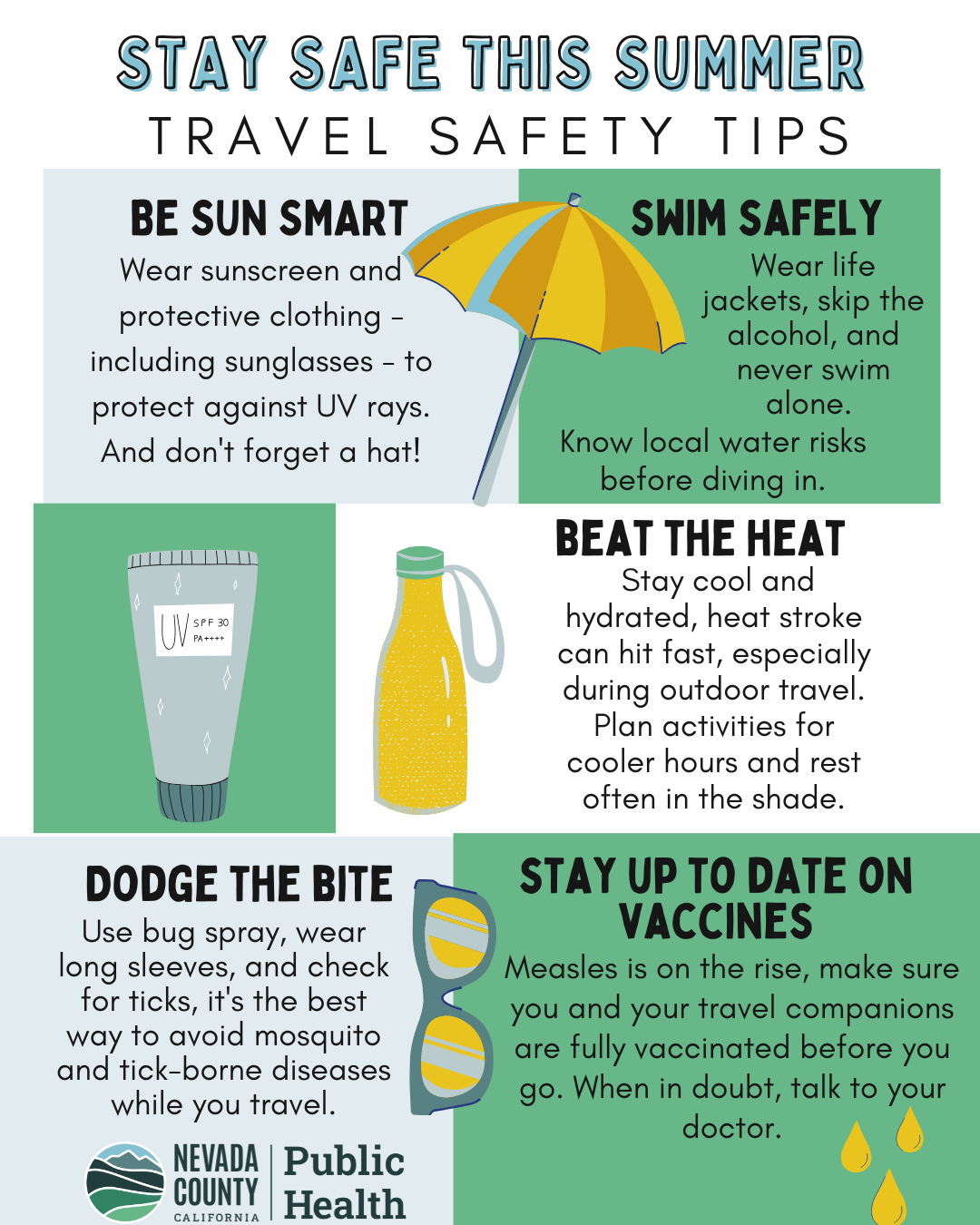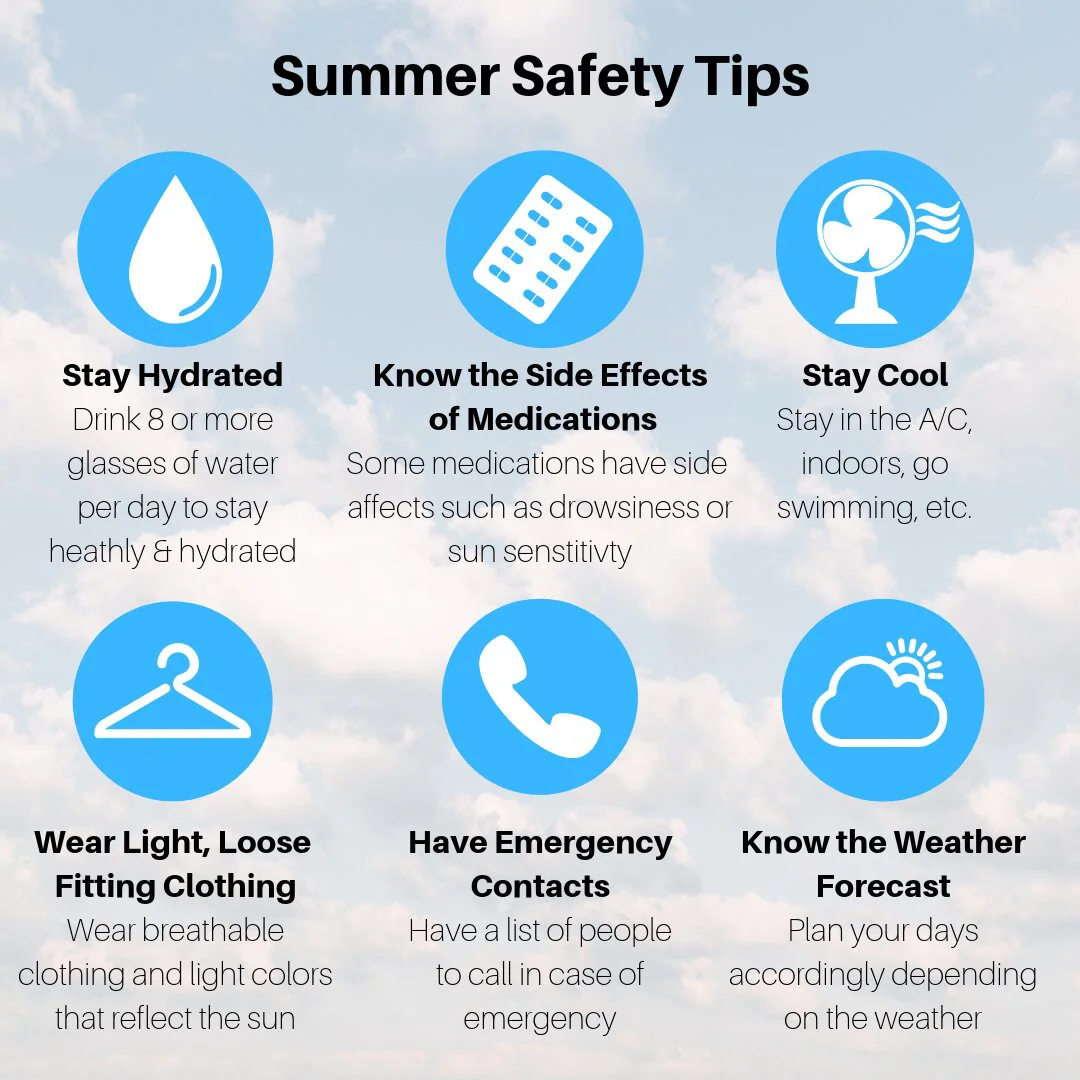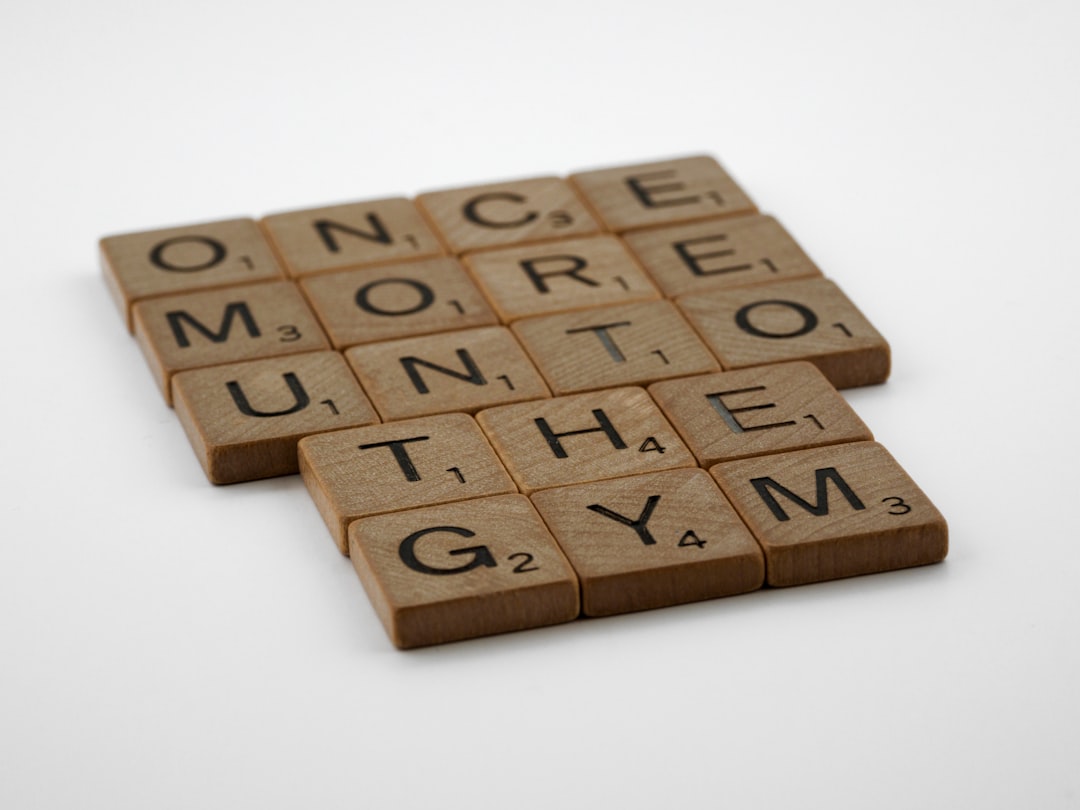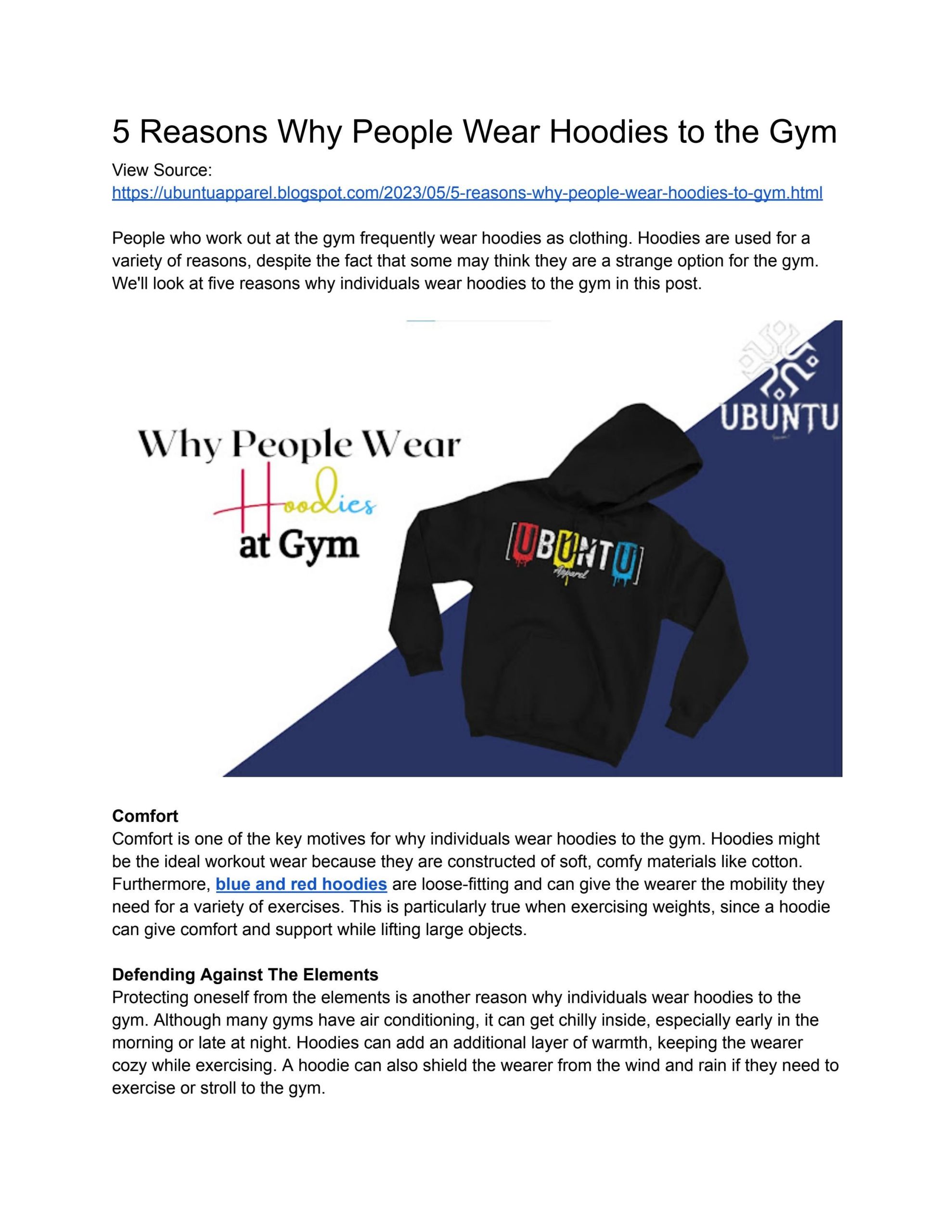Summer is here, and with it comes long, sunny days that invite you to be outdoors more than ever. But with the heat and sun exposure, your body needs extra care to stay healthy and energized.
If you want to enjoy every moment without feeling drained or risking your well-being, these summer health tips are just for you. Keep reading to discover simple, effective ways to protect your skin, stay hydrated, boost your energy, and make this summer your healthiest yet.
Don’t let the heat catch you off guard—your best summer starts now!

Credit: yubanet.com
Stay Hydrated
Staying hydrated during summer is more than just a recommendation—it’s a necessity. Your body loses water quickly through sweat, and if you don’t replace it, you might face fatigue, headaches, or worse. Drinking enough fluids helps you stay alert, energized, and comfortable even on the hottest days.
Benefits Of Drinking Water
Water regulates your body temperature and keeps your skin looking fresh. It helps flush out toxins and supports digestion, making you feel lighter and more active. When I started carrying a water bottle everywhere last summer, I noticed my afternoon slumps disappeared.
Drinking water also improves concentration and mood. Have you ever felt tired or irritable without realizing you were just thirsty? Staying hydrated prevents those dips in mental sharpness and keeps you in control.
Hydration Options Beyond Water
If plain water feels boring, you have plenty of tasty choices to stay hydrated. Coconut water offers natural electrolytes, which replenish what you lose in sweat. Herbal teas, served cold or hot, can also be refreshing and calming.
Fruits like watermelon, cucumbers, and oranges contain high water content and add vitamins to your diet. Infuse your water with mint, lemon, or berries to add flavor without added sugar. How do you keep hydration exciting during long summer days?
Credit: northcantonohio.gov
Protect Your Skin
Summer sun can harm your skin quickly. Protecting your skin keeps it healthy and glowing. Simple habits help avoid burns and long-term damage. Follow easy steps for better skin care this summer.
Choosing The Right Sunscreen
Pick a sunscreen with broad-spectrum protection. It blocks both UVA and UVB rays. Choose SPF 30 or higher for strong defense. Water-resistant formulas last longer during swimming or sweating. Apply sunscreen 15 minutes before going outside. Reapply every two hours or after swimming. Don’t forget easy-to-miss spots like ears and neck.
Wearing Protective Clothing
Wear light, long-sleeved shirts and pants. Clothes made from tightly woven fabric block sun rays well. Hats with wide brims protect your face and neck. Sunglasses with UV protection shield your eyes. Covering your skin reduces sun exposure and heat. Choose breathable fabrics to stay cool and comfortable.
Eat Seasonal Fruits And Vegetables
Eating seasonal fruits and vegetables is one of the easiest ways to boost your health during summer. These foods are fresher, tastier, and packed with nutrients that your body needs the most in hot weather. Plus, they often cost less and support local farmers.
Nutritional Benefits
Seasonal produce contains higher levels of vitamins and minerals because it’s harvested at its peak ripeness. This means you get more antioxidants, fiber, and essential nutrients that help your skin stay hydrated and protect your immune system.
For example, watermelons and cucumbers are rich in water content, helping you stay hydrated naturally. Tomatoes and bell peppers offer vitamin C, which supports your body in fighting off summer colds and skin damage from sun exposure.
Creative Ways To Include Them In Your Diet
Are you tired of eating the same salads every day? Try grilling peaches or corn for a smoky twist. You can also blend fresh berries into smoothies or make homemade popsicles with pureed fruit for a refreshing snack.
Another idea is to add sliced cucumbers and mint to your water for a flavorful hydration boost. Or toss chopped tomatoes, basil, and mozzarella together for a quick summer caprese salad. These simple changes make eating seasonal fruits and veggies exciting and enjoyable.
Exercise Wisely
Exercise is a key part of staying healthy during the summer, but the heat can make it tricky. You need to be smart about when and how you work out to avoid overheating and dehydration. Choosing the right time and place for your activity can keep your energy up and your body safe.
Best Times For Outdoor Activities
Early mornings and late evenings are your best bets for outdoor exercise. The temperature is cooler, and the sun isn’t as intense. You might find a morning jog or an evening walk more refreshing and less exhausting.
Pay attention to the weather forecast. Avoid outdoor workouts when the heat index is high or during peak sun hours from 10 a.m. to 4 p.m. Staying in the shade and wearing light, breathable clothing can also help you stay comfortable.
Indoor Exercise Alternatives
Sometimes, stepping indoors is the safest choice. Air-conditioned gyms, home workout videos, or yoga sessions can keep you active without risking heatstroke.
- Try bodyweight exercises like push-ups, squats, and planks.
- Use resistance bands or light weights for strength training.
- Follow online dance or cardio classes to keep things fun and engaging.
Have you noticed how your energy changes with the heat? Listening to your body and adjusting your routine can make your summer workouts more enjoyable and effective.
Manage Heat Exposure
Managing heat exposure is crucial for staying healthy during the summer months. High temperatures can quickly drain your energy and even lead to serious health issues. Paying attention to how your body reacts and taking simple steps to cool down can make a big difference.
Recognizing Heat-related Illnesses
Heat-related illnesses can sneak up on you, especially if you’re busy enjoying outdoor activities. Symptoms like heavy sweating, dizziness, headache, and nausea are warning signs you shouldn’t ignore.
More severe signs include confusion, rapid heartbeat, and fainting. Have you noticed feeling unusually tired or dizzy after being outside? These could be early signals that your body is overheating.
Knowing these symptoms helps you act quickly before it turns into heat exhaustion or heat stroke, which require immediate attention.
Cooling Techniques
Cooling down your body effectively is key to managing heat exposure. Simple actions like drinking plenty of water and finding shade can lower your body temperature fast.
Using a damp cloth on your neck or wrists offers quick relief. You might try taking a cool shower or bath if you start feeling overheated.
Another tip is to wear lightweight, loose-fitting clothing that lets your skin breathe. Have you tried using a portable fan or mist spray during hot days? These small tools can make your environment feel much cooler instantly.

Credit: www.instagram.com
Stay Safe During Travel
Travel can be exciting but also risky during summer. Hot weather and new places require careful planning to stay healthy. Prepare well to avoid common travel problems. Taking simple steps helps you enjoy the trip safely.
Packing Essentials
- Bring sunscreen with high SPF to protect your skin.
- Carry a reusable water bottle to stay hydrated.
- Pack a basic first aid kit with band-aids and antiseptic.
- Include insect repellent to avoid bug bites.
- Wear light, breathable clothes and a wide-brimmed hat.
- Don’t forget any prescription medicines you need.
Health Precautions For Vacation
Drink clean water only. Avoid ice or street beverages. Wash your hands often with soap or sanitizer.
Eat fresh and cooked foods. Avoid raw or undercooked meals. Rest well to keep your energy up.
Use sunscreen every two hours. Seek shade during peak sun hours. Watch for signs of heat exhaustion.
Stay alert in crowded places. Keep your valuables safe. Follow local health advice and rules.
Boost Mental Well-being
Summer offers a perfect chance to improve your mental health. Bright days and warm weather lift moods and inspire new habits. Taking care of your mind is as important as your body during these months.
Simple daily steps can reduce stress and boost happiness. Enjoy the season while building a calm and focused mind.
Mindfulness Practices
Mindfulness helps you stay present and calm. Try short breathing exercises to ease tension. Focus on sights, sounds, and smells around you.
Spend a few minutes outside noticing the breeze or the warmth of the sun. This practice refreshes your mind and lowers anxiety.
- Take deep, slow breaths for two to three minutes.
- Observe your surroundings without judgment.
- Practice gratitude by listing simple things you enjoy.
Balancing Work And Leisure
Work can feel overwhelming, especially in summer. Setting clear boundaries helps keep stress in check. Plan breaks and fun activities each day.
Use longer daylight hours to enjoy outdoor hobbies. Walks, gardening, or reading outside improve mood and reduce burnout.
- Set fixed work hours and stick to them.
- Schedule free time for activities you love.
- Switch off devices during breaks to relax fully.
Frequently Asked Questions
How Can I Stay Hydrated During Summer?
Drink plenty of water throughout the day to avoid dehydration. Include fruits like watermelon and cucumber for extra hydration. Avoid excessive caffeine and alcohol, as they can dehydrate you. Carry a water bottle to remind yourself to drink regularly, especially during outdoor activities.
What Are The Best Foods To Eat In Summer?
Choose light, fresh foods like salads, fruits, and vegetables. Foods high in water content help keep you cool and hydrated. Avoid heavy, oily meals that can increase body heat. Incorporate foods rich in vitamins and antioxidants to boost immunity.
How Do I Protect My Skin From Summer Sun?
Apply broad-spectrum sunscreen with at least SPF 30 before going outdoors. Reapply every two hours, especially after swimming or sweating. Wear protective clothing, hats, and sunglasses to shield skin from UV rays. Avoid sun exposure during peak hours between 10 a.
m. and 4 p. m.
What Exercises Are Best For Hot Weather?
Opt for early morning or late evening workouts to avoid heat. Choose low-intensity activities like swimming, walking, or yoga to prevent overheating. Stay in shaded or indoor areas with good ventilation. Always hydrate before, during, and after exercise to maintain energy.
Conclusion
Summer brings fun and sunshine, but also health risks. Stay hydrated by drinking plenty of water every day. Wear light clothes and use sunscreen to protect your skin. Take breaks in the shade to avoid heat exhaustion. Eat fresh fruits and vegetables to keep your body strong.
Get enough sleep to help your body recover. Enjoy outdoor activities safely and listen to your body’s needs. Small steps make a big difference for your summer health. Stay safe, feel good, and make the most of this sunny season.




